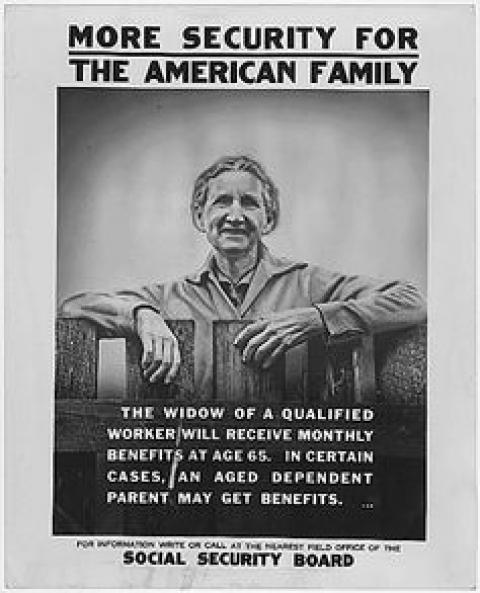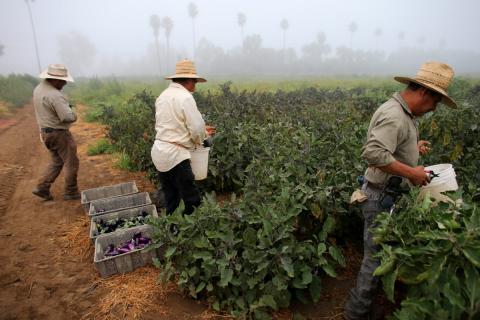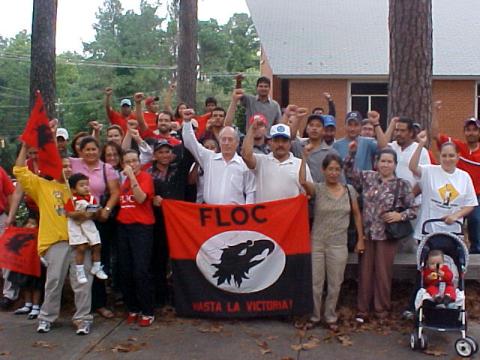How Racism Has Shaped Welfare Policy in America Since 1935
The Conversation

It is true that the data show the number of families receiving cash assistance fell from 12.3 million in 1996 to current levels of 4.1 million as reported by The New York Times. But it is also true that child poverty rates for black children remain stubbornly high in the U.S.









Spread the word